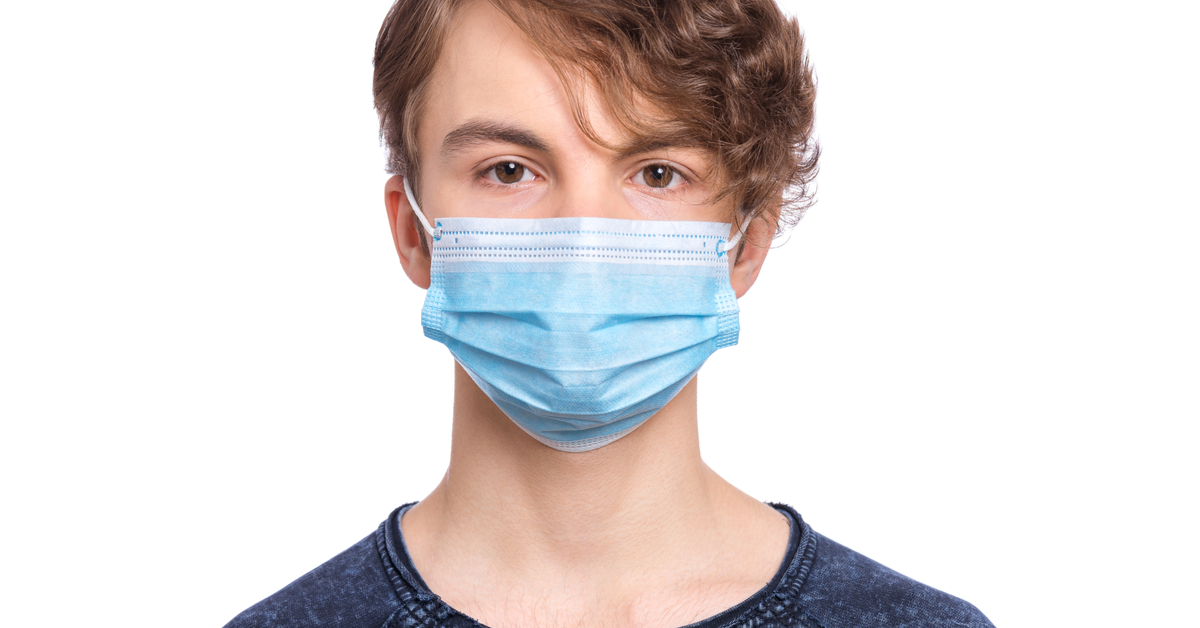As public schools close and move students to online settings due to coronavirus, there are growing concerns that this means young children and teens are at risk of coronavirus.
Along with these concerns, parents of troubled teens have reached out to us here at Help Your Teen Now to see if residential treatment centers are safe for their teens to attend and are still open. While information is constantly developing on this topic, we parent advocates want to do our best to help answer these questions.
Coronavirus And Teenagers
While it has been often repeated that coronavirus is only really dangerous for the elderly or immunocompromised, that is a broad generalization. For one thing, that is only looking at who is most at risk—as alarming and saddening headlines have informed us, much younger people can be at risk as well. With a sufficiently high viral load, more people can be at risk of not only contracting coronavirus, but experiencing serious side-effects and even death.
For instance, statistics pulled from China up through February 11th, children ages 10-19 made up 1.2% of cases, with 0.2% of these cases ending in fatality. While this rate is relatively low when compared with the danger COVID-19 represents to those over the age of 80, it is not a risk parents want to run.
Luckily, residential care centers are often private areas with little contact with the general population, making them safer for your teen, especially when you consider that some teens are still sneaking out of the home to meet up with friends. This kind of behavior, as well as other troubling behaviors, increase the dangerous likelihood that your child will contract coronavirus and potentially spread it to the rest of the family.
Residential Treatment Centers For Teens Are Often Secluded
Commonly referred to as residential treatment centers for teens, many of these facilities are located in more rural areas, allowing teens to enjoy a slower pace of life as they work on themselves. These treatment centers are closed campuses, allowing teens privacy and helping to protect them from coronavirus spread. While direct care staff and other staff members come and go from the campus, precautions are being taken to prevent an outbreak.
Some residential treatment centers have put a hold on accepting new teens to help reduce the potential points of transmission of COVID-19. So, it is important that before you become set on a treatment center that you determine if they are enrolling students.
If you would like to learn more about your options when it comes to residential treatment centers and other troubled teen programs, feel free to contact us today. We are happy to consult with you—free of charge—and assist you in finding the best route to help your teen become their best self.










0 Comments